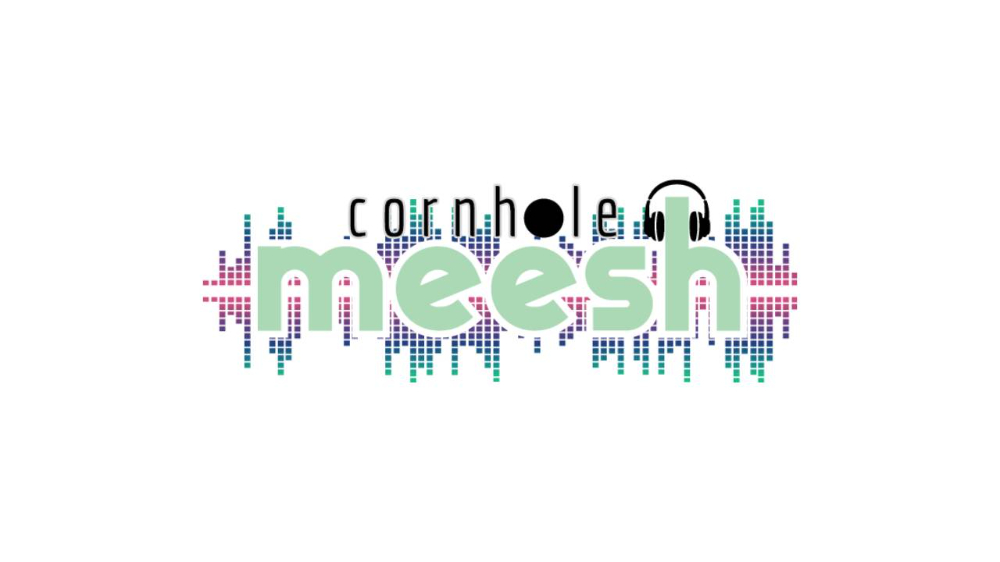Reprogram the Food Brain: Escaping the Trap of Compulsive Dieting
Mar 27, 2024
In today's world, constant on-and-off dieting and food restriction have become the norm. This is largely due to a mix of science, philosophy, lifestyle, and moral codes around food and body that govern our behavior. Unfortunately, this trend has become fashionable and has been normalized, despite its harmful effects.
Compulsive dieting is destructive to both body and soul. It is demeaning, insulting, and affirms false beliefs such as "I am unlovable as I am", which keeps us limited and takes us out of the present. It invites self-criticism, self-hate, and comparison, robs dignity, limits pleasure/happiness, and wastes time/life.
From a physiological perspective, compulsive dieting reduces oxygen uptake, leading to decreased metabolism, energy, and nutrient absorption. A lack of rhythm in eating habits interrupts the natural flow of life, creating stress. Compulsive dieting can also lead to negative beliefs like "I’m too fat", "I’m not lovable", and "I’m not good enough", which cause stress that can lead to weight gain or inability to lose weight.
Compulsive dieting can cause vitamin/mineral deficiencies, lower adaptability to stress, brain chemistry imbalance, and inflammation, all of which inevitably lead to weight gain and difficulty in losing weight.
Metabolic issues are common in compulsive dieters. Low-calorie eating leads to a survival response in the body. The brain notices it is being underfed, and signals the body to slow down metabolism, burn fat slowly, and not build muscle. The same can happen if calories are sufficient but low in protein or essential fats.
Lack of essential fats and proteins can result in fatigue, irritability, headaches, constipation, mood swings, depression, dry or oily skin, brittle hair/nails, blotchy skin, digestive disturbances, inability to lose weight, loss of sex drive, memory loss, decreased muscle mass, sleep disturbance, feeling ungrounded, inability to focus, hair loss, and mitochondrial loss or impairment.
So, how can we fix these metabolic issues? The solution may seem counterintuitive: eat more food on a regular basis. Dieting, in reality, is a call for nourishment, a call for a healthy relationship with food, a call for connection with our body, a call for feminine energy, a call for life review, a call for escape from life, and a call for rhythm.
It's time to reprogram your food brain. Stop all dieting now. Establish rhythmic, regular meals including breakfast, lunch, dinner, and snacks if you're hungry in between. Make sure to include all macro-nutrients (protein, carbs, fat) in your meals. If you've been avoiding fats and proteins, it's time to increase their intake.
Avoid diet sodas or artificial sweeteners. Throw away your scale right now. It's not the right measure of your health. Eat slowly and mindfully. Limit meals with dieting friends and instead eat with friends who don’t diet. Limit your caffeine intake.
Choose high-quality food. Consider taking optional supplements such as Probiotics, EFAs, and Vitamin C. Incorporate movement into your life, but avoid punishing exercise. Cook more often. If you need inspiration, try websites like
. Most importantly, call off the war with food.
Start a nourishing relationship with food. Ask yourself, who would you be if all your energy wasn’t going into dieting and weight? If something hasn’t worked permanently for 10, 20, or 30 years, isn’t it time to try something else?

